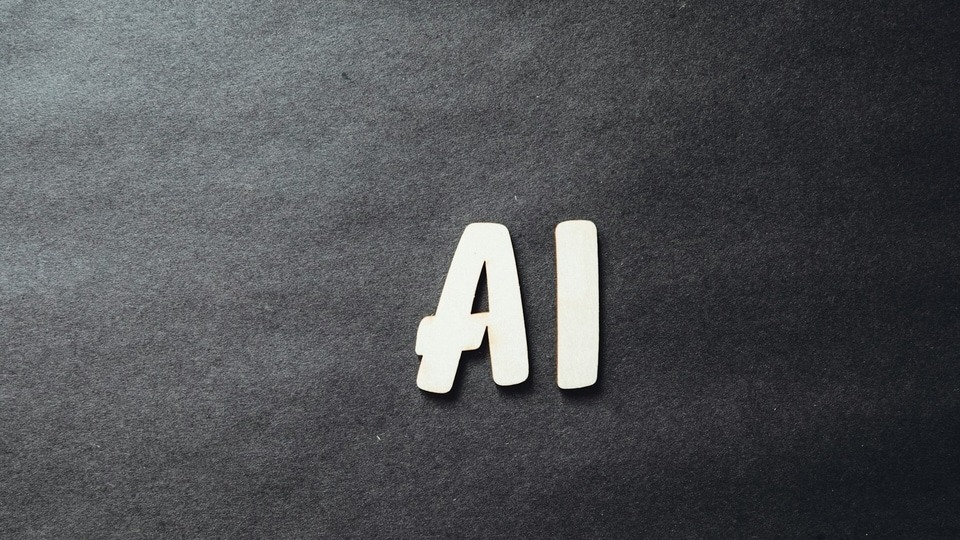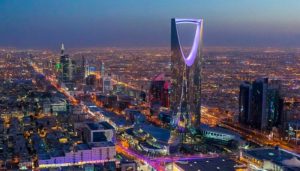
CEO David Holz: Midjourney nears completing Trump, Biden, others’ images for next year.
Midjourney, an AI image-generating company, ponders prohibiting political depictions of Biden and Trump to prevent election misinformation.
“I’m uncertain about prioritizing political speech on our platform in the coming year,” remarked Midjourney’s CEO, David Holz, last week. He mentioned the company’s imminent decision to potentially ban political images, including those of prominent presidential candidates, “for the next 12 months.”
As per Bloomberg’s report, during a Discord chatroom conversation with Midjourney users, Holz commented, “I understand the appeal of creating Trump pictures—I create them myself. Trump’s aesthetic is quite intriguing. However, it’s likely wiser to refrain, especially during this election period. We’ll evaluate.” Concerns over AI-generated imagery have escalated recently. Lawmakers and Taylor Swift’s supporters, known as Swifties, called for enhanced safeguards after pornographic images resembling Swift emerged two weeks ago.
The origins of the Swift images were traced to 4chan, a message board notorious for sharing sexual, racist, conspiratorial, and violent content, both with and without AI involvement. Holz’s remarks coincide with ongoing efforts by image-generator providers to outmaneuver users in a bid to curb the creation of questionable content.
AI’s impact on politics raises growing apprehension, yet the MIT Technology Review recently observed that discourse surrounding AI’s potential threat to democracy is limited in creativity.
“People often discuss the risk of political campaigns employing fake images, audio, or video to attack opponents, but we have extensive experience dealing with manipulated visuals over decades,” the review remarked. It further stated, “It’s improbable that any unexpected electoral outcome could be solely attributed to a specific AI intervention.”
However, in October, Inflection AI, an image-generation company, announced that its chatbot, Pi, would refrain from endorsing any political candidate. Co-founder Mustafa Suleyman emphasized at a Wall Street Journal conference that chatbots “likely need to retain a human element in the process,” even if they operate flawlessly.
Last week, Meta’s Facebook disclosed intentions to tag posts generated through AI tools as part of a broader strategy to tackle misinformation during election years. OpenAI, affiliated with Microsoft, has declared plans to incorporate watermarks into images generated via its platforms to counter political deepfakes produced by AI.
Ensuring the integrity of elections necessitates cooperation across all facets of the democratic system, and we aim to ensure our technology isn’t leveraged in manners detrimental to this process,” the company conveyed in a blog post last month.
Sam Altman, CEO of OpenAI, expressed his recent apprehension at an event, stating, “My primary concern lies in the advancement of AI capabilities… leading to the creation of more sophisticated deepfakes than those seen in 2020.”
During January, an artificially manipulated audio call falsely attributed to Joe Biden advising New Hampshire voters to remain at home showcased the political manipulation potential of AI. Subsequently, the FCC implemented a prohibition on the use of AI-generated voices in robocalls.
David Ryan Polgar, president of the non-profit All Tech Is Human, previously remarked to the Guardian, “What we’re truly realizing is the growing disparity between the rapid pace of innovation and our society’s ability to collectively comprehend best practices, behavioral norms, and the necessity for new legislation. Progress on this front remains frustratingly slow.”
Midjourney’s software generated a fabricated image depicting Trump being apprehended by agents. Other manipulated images circulating online include Biden and Trump depicted as elderly men knitting together, Biden depicted smiling while wielding a machine gun, and Trump shown meeting Pope Francis in the White House.
The software currently incorporates several protective measures. Midjourney’s community standards guidelines prohibit images that are deemed disrespectful, harmful, or have the potential to mislead the public regarding figures or events.
According to Bloomberg, permissibility of content varies based on the version of the software utilized. An older iteration of Midjourney produced an image of Trump adorned with spaghetti, whereas a newer version did not.
However, if Midjourney opts to prohibit the creation of AI-generated political images, consumers, including voters, are likely to remain uninformed.
“We’ll most likely enforce the ban discreetly without making an announcement,” stated Holz.



